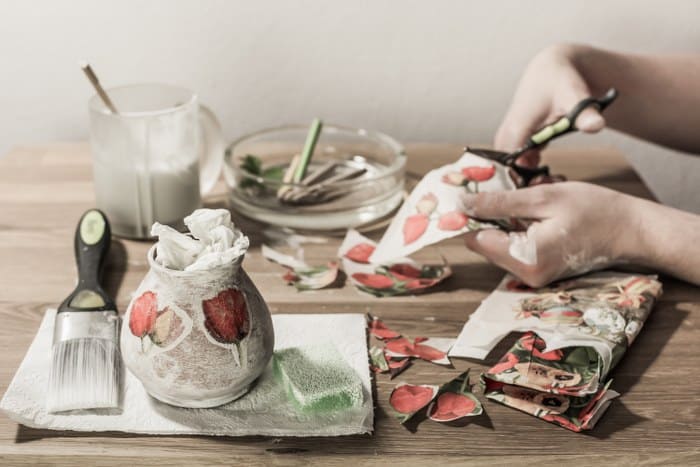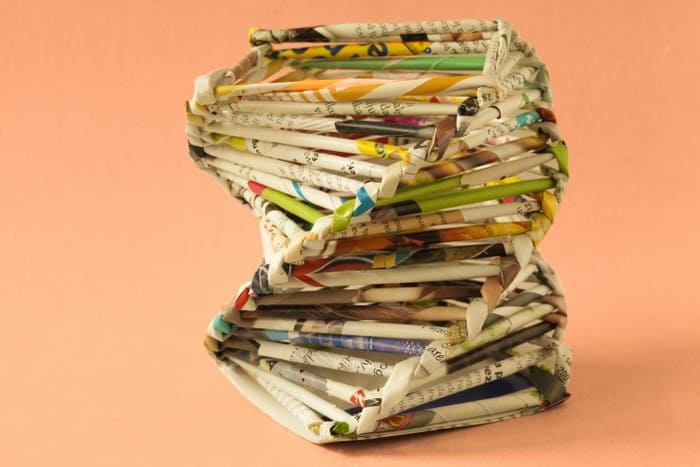Posted on 23/06/2020

Trendy and Stylish Jewelry with Recycled Paper
If you're not a huge fashion fan, then you might not know that recycled paper jewellery is one of the latest crazes when it comes to accessories, and anyone who is anyone is either buying or making paper jewellery to add to their collection. Obviously there are plenty of places to buy said jewellery from, but what if you are keen to help out and reduce the amounts of waste collections in your area, and would rather make your own? Well if you're handy with some glue, and have plenty of patience, then it could be the ideal hobby for you. But how does one go about starting to make their own paper jewellery?
Decide on your design
The most important thing to do to start with is to think about the design you'd like to use. If you're completely new to the art of jewellery making, then definitely start with something simple; otherwise you'll end up needing more than one rubbish removal slot as the rejected experiments get thrown out. Explore all the different options, look at what appeals to you in terms of effort and more confident you can start branching out, knowing that you won't end up with a load of waste disposal to do at the end. 
Gather your materials
Think about what it is you'll need in order to get your recycled paper jewellery project off the ground. Paper will obviously be needed, but you'll also probably need glue, and some materials to finish it off to be able to use it as jewellery rather than an ornament. The secret here probably lies in your house; do a bit of a house clearance and see what you've got lying around. Anything that was earmarked for the rubbish collection, can then be added to your supplier store, saving you money, and helping out the environment too. 
Do some practice runs
Nobody gets everything right first time, so be clear with yourself that your first few attempts are probably going to end up in the rubbish disposal pile. The key is not to be too ambitious until you know what you are doing. Start small and build it up. Find some designs, practice them on a small scale first, see how they turn out, then scale up when you're ready.
Take it slow
Related to doing a few practice runs, is making a conscious effort to take it slow. You are probably super excited about your new hobby, and have spent ages digging around in the old rubbish collection pile to find the best stuff to use for your project. But if you rush, you'll only end up having to throw a load of stuff out, get disheartened when it doesn't go right, and probably give up. Don't get tempted to run before you can walk, take it slow and enjoy the fruits of your labour, rather than seeing it all whisked away by the rubbish removal team. 
Get started
Although we completely advocate taking it slow, don't take it so slow that you never actually get round to starting. Getting started is the best part, and is far more fun than doing the junk clearance to find the bits you need. So once you've done all the prep work, just do it, and see what happens. Still take it slow, practice and prep your designs beforehand, but then get cracking and enjoy seeing what you create at the end of it.


Latest Posts
Tips for Proper Disposal of Regular Waste
Garbage Cleanup Bags - Efficient Skip Substitute

































 Get a Quote
Get a Quote